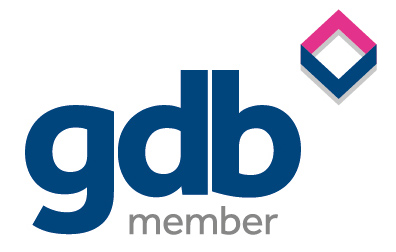Harvey John
Unit 2 Ferry Wharf
Hove Enterprise Centre
Basin Road North
Portslade, East Sussex
BN41 1BD
According to a new Korn Ferry survey, there’s a growing trend in the UK job market: more than half of UK employees quit their new jobs within the first six months. This phenomenon, known as ‘quick quitting,’ is causing concern in recruitment circles, with many workers experiencing ‘shift shock’—where the job doesn’t match what was advertised.
Why are UK Employees Quitting Quickly?
3 key reasons for early resignations include
- Unrealistic employer expectations (75%)
- Poor management (52%)
- Toxic workplace environments (20%)
Despite a relatively stable job market, many companies rush to fill positions, often misrepresenting roles, leaving a gap between the opportunity that’s sold and the reality.
This growing issue highlights the importance of clear communication and transparency in recruitment. When employers oversell roles, they risk high employee turnover. In contrast, businesses that are honest about job responsibilities, company culture, and expectations attract and retain candidates who align with their values. The real cost of fast quitting goes beyond simply replacing employees—it disrupts team morale and overall productivity.
Is Technology Contributing to Fast Quitting?
Technology may also be a factor in the rise of fast quitting, as many firms now rely on AI to screen applicants and utilise platforms such as Zoom for interviewing. While convenient, these methods lack the personal touch of human interaction. According to the study, 90% of remote workers were hired through video platforms.
Relying on virtual methods alone can obscure a company’s real workplace culture and make it harder for candidates to assess if the job is a good fit.
How Can Employers Prevent Fast Quitting?
To reduce fast quitting, experts recommend extending the interview process. Although it may seem exhaustive, involving multiple stakeholders in interviews gives both the employer and candidate a clearer understanding of expectations. Companies should also encourage candidates to meet with current employees, even those who may not be fully satisfied with their roles. This transparency fosters trust and allows candidates to make more informed decisions. As Ben Angold of Korn Ferry advises,
“Anything that lets the candidate walk in the shoes before taking the job is going to help reduce that early-quitting phenomenon.”
Building Stronger Relationships with Recruiters
One of the most effective ways to prevent fast quitting is to work closely with your recruitment partner. At Harvey John, we understand that finding the right fit requires more than matching skills on paper. By building a relationship with your recruiter, you gain a trusted advisor who truly understands your business needs, culture, and long-term goals. This partnership allows recruiters to accurately represent your company and ensure that candidates align not only with the role but with your corporate values.
A recruiter with whom you have built a solid relationship can also serve as a crucial intermediary, managing candidate expectations and offering honest insights about the job. This level of transparency ensures candidates are fully informed, reducing the chances of ‘shift shock’ once they’ve joined.
When both the employer and the candidate have a clear understanding of the role, it’s far more likely to result in a lasting, productive employment relationship.
At Harvey John, we believe in fostering lasting relationships between candidates and employers. Ensuring transparency and trust throughout the recruitment process can prevent costly early departures and foster a culture of longevity. A well-thought-out, transparent recruitment strategy leads to stronger teams, better retention, and improved business performance.
Even small, incremental improvements can make a difference, benefiting both candidates and employers in the long term.







